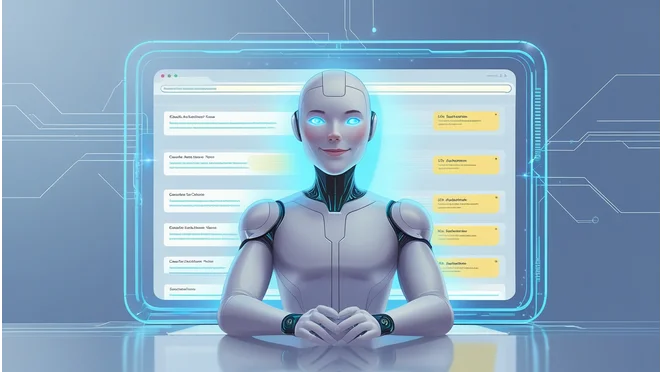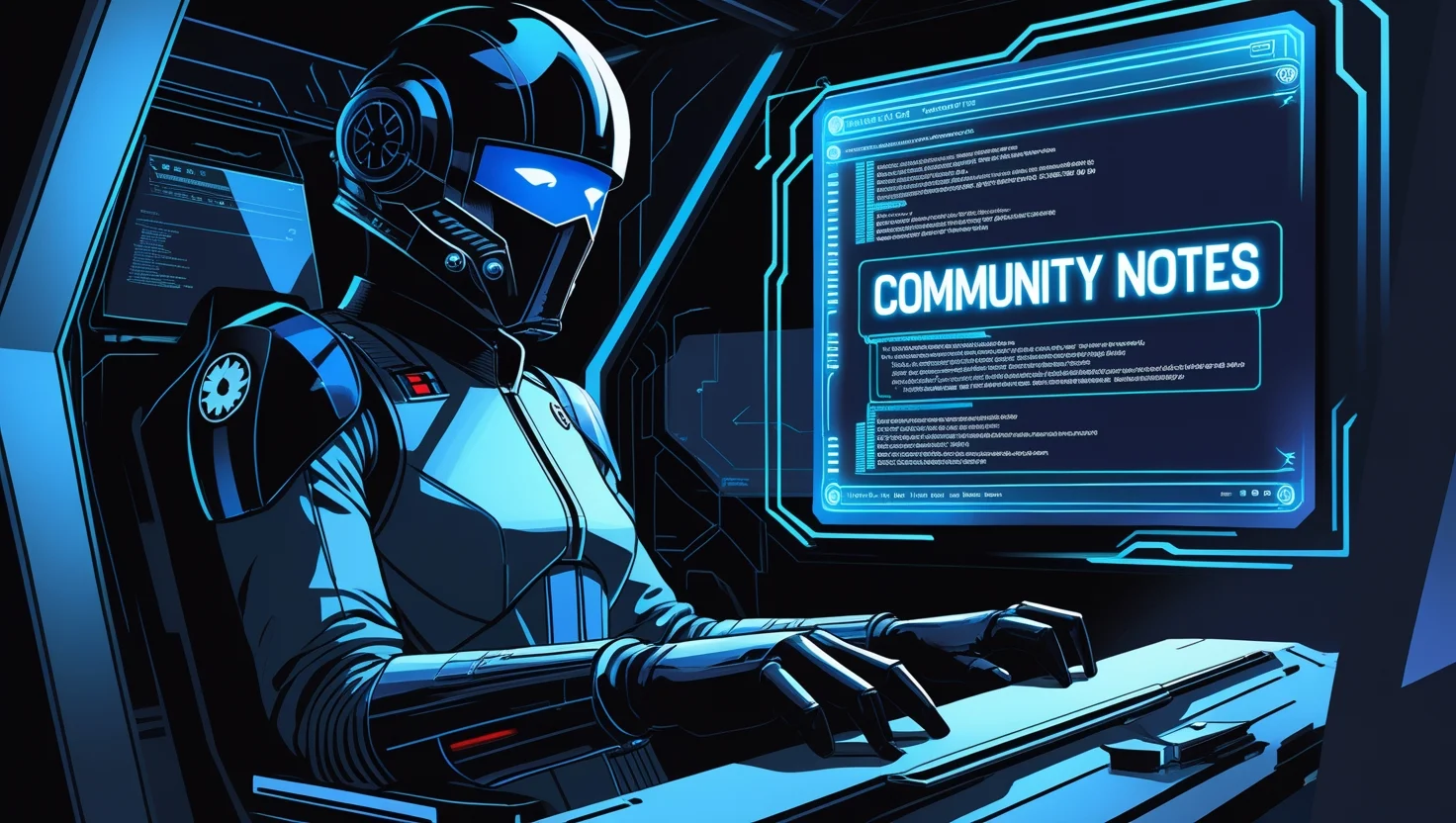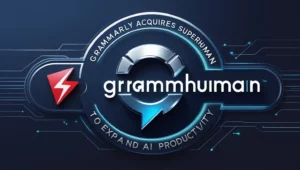Anthropic has introduced web search capabilities to its AI-powered chatbot, Claude, allowing it to pull real-time information from online sources.
The feature is currently available in preview for paid users in the U.S., with plans to expand access to free users and more countries in the future. Users can enable web search through the settings in the Claude web app, after which the chatbot will automatically browse the internet to enhance its responses.
For now, web search is supported only on Claude 3.7 Sonnet, Anthropic’s latest AI model. According to the company’s blog post, when Claude incorporates web-sourced information, it provides direct citations, allowing users to verify the accuracy of its responses. Instead of users manually searching for information, Claude processes search results and delivers them in a conversational format. This enhancement expands Claude’s knowledge base, making it more reliable for answering time-sensitive queries.
In initial tests, the web search feature did not always activate for recent news-related questions. However, when it did, Claude provided responses with inline citations from sources such as NPR, Reuters, and even social media platforms like X. This update puts Claude on par with competitors like OpenAI’s c, Google’s Gemini, and Mistral’s Le Chat, all of which already support web search. Previously, Anthropic had positioned Claude as a self-contained AI model, but growing competition in the chatbot market may have influenced this shift.Despite the benefits, web-integrated AI chatbots are prone to errors, including misinformation and misattributions. A study by the Tow Center for Digital Journalism found that AI models, including ChatGPT and Gemini, provided incorrect responses to more than 60% of questions. Similarly, The Guardian reported that ChatGPT’s search tool could generate misleading summaries. As Claude adopts web search, maintaining accuracy and reducing misinformation will be key challenges for Anthropic.













